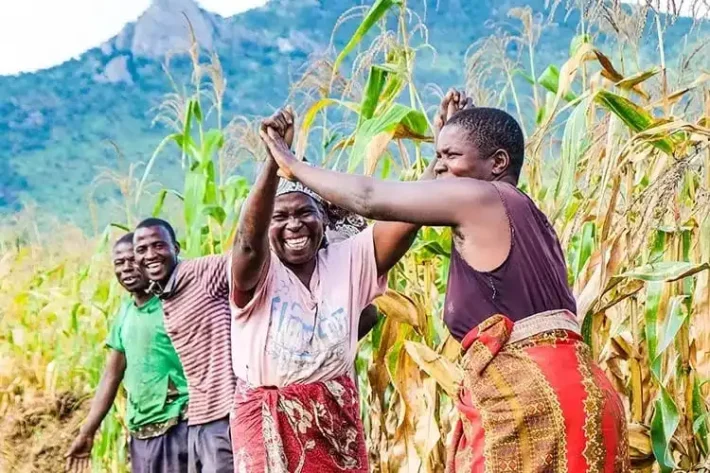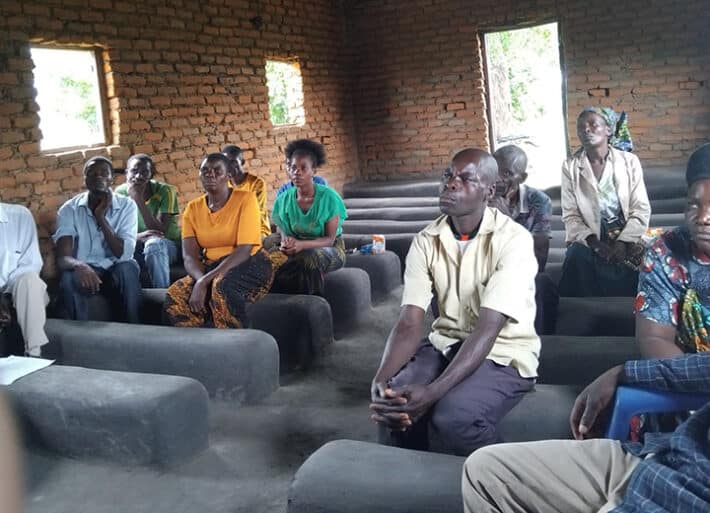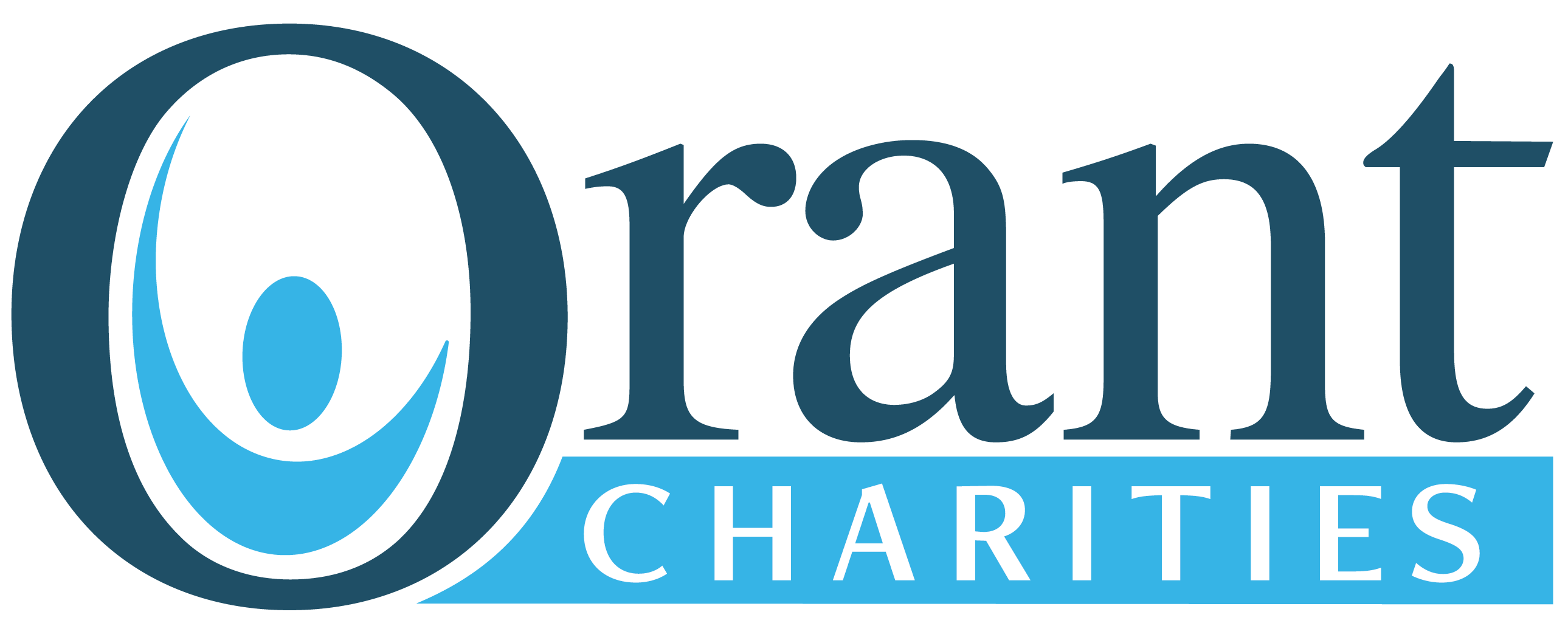Water Well Maintenance
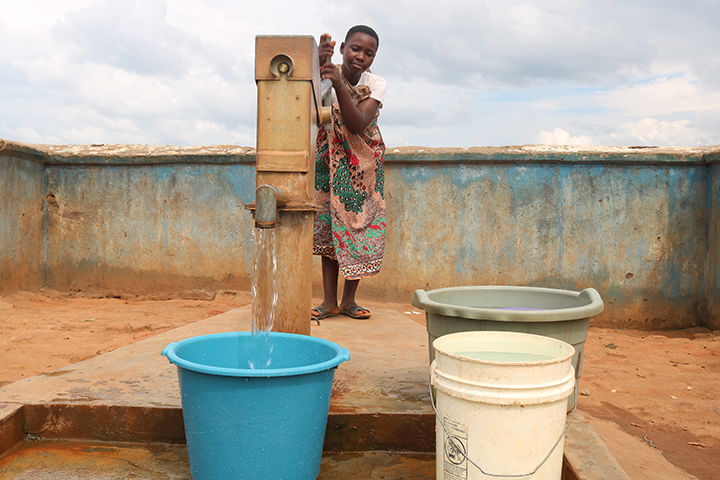
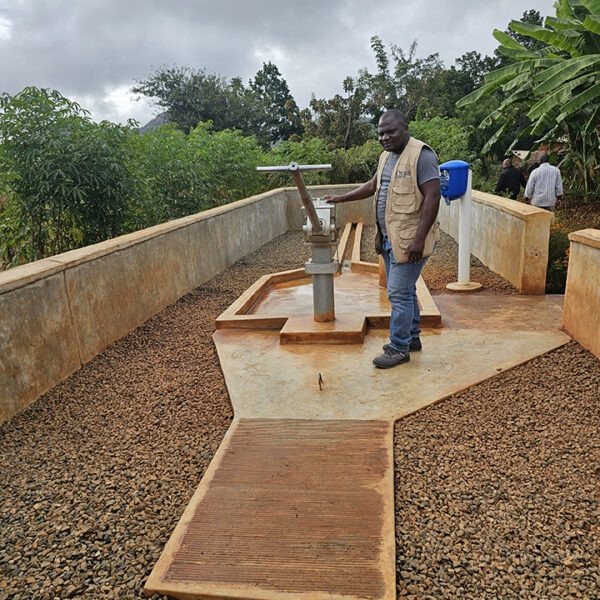
Water Well Maintenance
At the heart of Orant’s programs and initiatives is sustainability, which is also one of our values. We believe in not only implementing programs or initiatives but also in creating long-lasting change that will continue to serve our community. In today’s blog article, we talk about why we perform maintenance on water wells and how it contributes to the sustainability of our Water, Sanitation, and Hygiene (WASH) program.
A Crucial Aspect of Our WASH Program
As part of our commitment to providing safe, clean and accessible water to communities in need, our WASH program regularly conducts preventive and reactive wells’ maintenance and rehabilitation of boreholes. What does water well maintenance and rehabilitation involve?
What does water well maintenance involve?
Preventive maintenance involves the routine monitoring and replacement of fast-wearing parts before a major breakdown of the well’s hand pump. We conduct preventive maintenance every three months for each borehole to avoid costly reactive maintenance. On the other hand, reactive maintenance involves the maintenance of the water well as a result of a breakdown. Rehabilitation involves the restoration of the well system to its initial state by replacing all major components. Rehabilitation is costly hence only done when there is a need to do so. The WASH program conducts maintenance in collaboration with area mechanics, who are local government-trained artisans who are responsible for the maintenance of wells in their designated catchment areas.
Maintenance on wells is crucial for several reasons:
- Extended lifespan
- Maintaining water wells improves and extends the period of time that you get to use it
- Reduced need for costly repairs and replacements
- Regular maintenance checks help in identifying issues hence preventing damages which when escalated, they would require costly replacements
- Increased efficiency and reliability
- Empowers communities to be in charge of their own water management
It is one thing to have a water source and another thing to have a reliable water source. Whenever water wells are down, it greatly inconveniences the community and also compromises their quality of life. Thus, regular water well maintenance schedules help in identifying potential problems in time, minimizing the risks of unexpected breakdowns and ensures acontinuous and reliable water supply.
Improved Water Quality
Over the time as the water well operates, some substances, sediments and debris accumulate within the pipes, compromising water quality. Borehole maintenance involves flushing the pipes to remove the deposits which helps in ensuring the pipes are clean and the water is clean too.
How does water well maintenance contribute to Orant’s sustainability?
Maintenance helps in reducing repair cost and contributes to the well’s life span which results in long term financial savings. Adding to that, it also contributes to the environmental sustainability of the program. Proper well maintenance prevents potential environmental hazards such as groundwater contamination which is bad for the ecosystem.
We are grateful to our generous donors for supporting our WASH program and giving a gift of water to rural Malawi. Your donations make a life-changing difference.
Learn more about our WASH program here.


